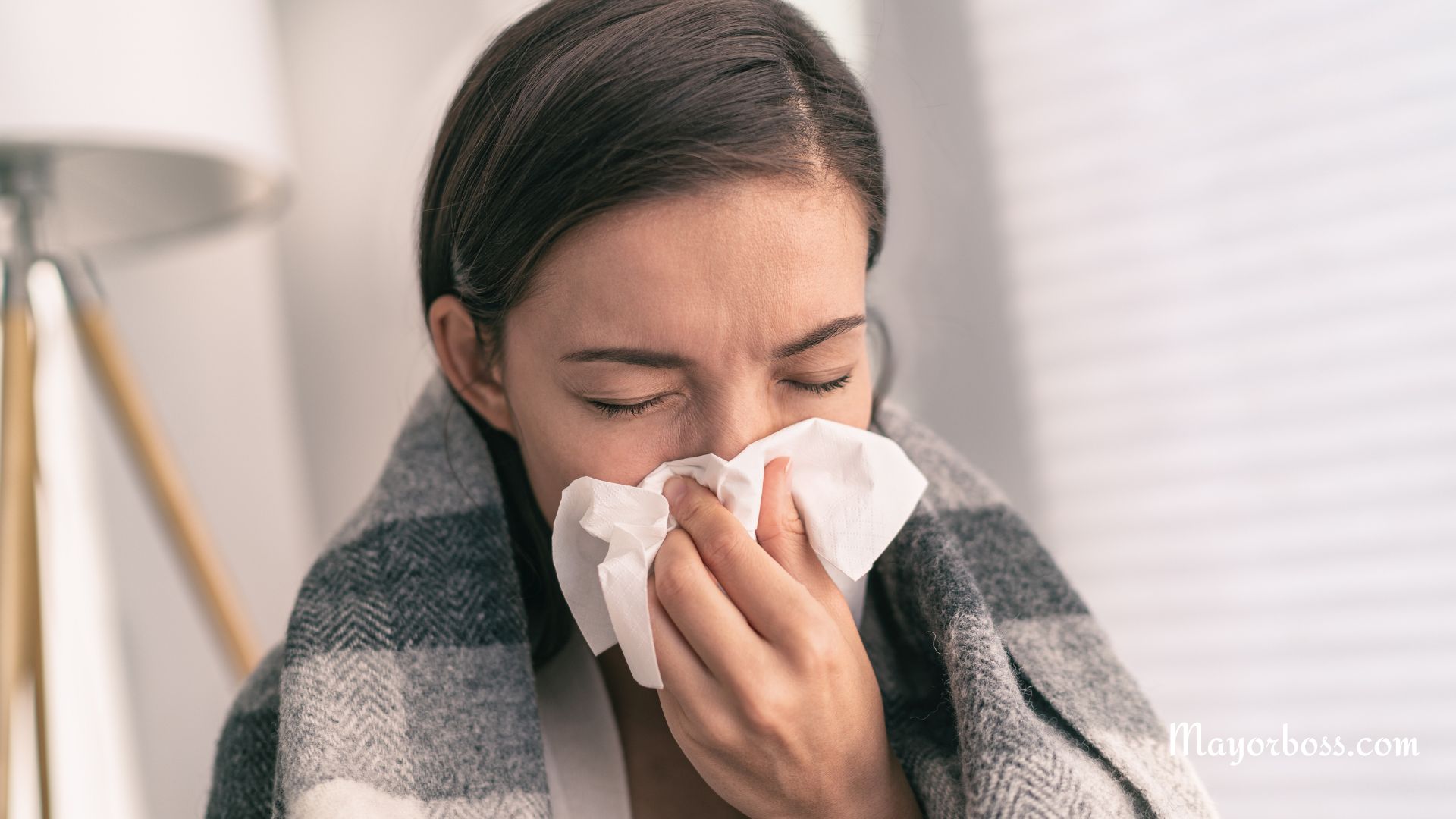Do NOT Do This in Case of a Heart Attack!
Heart attacks are serious medical emergencies that require immediate attention. The moments after experiencing heart attack symptoms are critical, and knowing what not to do is just as important as knowing what to do. Here, we’ll talk about some common mistakes that could worsen the situation, risking severe health complications or even life itself.

First and Foremost, Don’t Ignore the Symptoms
Never take a “wait and see” approach when it comes to heart attack symptoms. You might feel tempted to dismiss symptoms like chest pain, discomfort in your arms or back, shortness of breath, nausea, or sudden dizziness as minor issues. Don’t! These signs are your body’s alarm system — ignoring them can be fatal. If these symptoms appear, call emergency services right away. Quick action could save your life.
Avoid Taking a Shower or Bath
You might think that taking a shower or bath will help you relax or feel better, but this is a bad idea during a heart attack. Why? The heat can cause your blood vessels to expand, lowering your blood pressure, which is already compromised during a heart attack. This can lead to fainting or even more severe cardiac issues. Stay put and wait for medical help.
Don’t Drive Yourself to the Hospital
Driving yourself to the hospital might seem quick, but it’s risky. Operating a vehicle while experiencing a heart attack is dangerous not only to yourself but also to others on the road. The stress of driving can further strain your heart, and if your condition worsens, you won’t be able to get help in time. It’s safer to call an ambulance. Paramedics can start life-saving treatment as soon as they reach you.
Don’t Consume Anything by Mouth
Many people mistakenly believe that it’s helpful to drink water or take aspirin if they think they’re having a heart attack. Drinking anything could be harmful. If you need to undergo surgery or other medical procedures upon reaching the hospital, having a full stomach could lead to complications with anesthesia. As for aspirin, while it can help, it should only be taken if advised by a medical professional, as it could make some situations worse, especially if you’re not actually having a heart attack.
Don’t Lie Flat on Your Back
If you suspect a heart attack, lying flat on your back isn’t advisable. This position can put unnecessary strain on your heart. Instead, sit up in a slightly reclined position. This posture helps your heart and can make breathing easier until emergency help arrives.
Don’t Hesitate to Wake Someone Up
If symptoms start while you’re in bed, don’t worry about waking your family or housemates. Some people feel reluctant to disturb others, especially at night. But remember, heart attacks are urgent medical emergencies. Your loved ones would want to help and ensure you get the necessary medical attention without delay.
Here’s Why You Should Act Fast
The quicker you get to a hospital, the quicker you can receive treatments like thrombolytics (clot busters) or undergo procedures such as angioplasty, where doctors reopen blocked arteries. These treatments are most effective when given early. Hospitals are best equipped to handle such emergencies, providing rapid and specialized care that can save your life.
What to Do Instead
If you suspect that you or someone else is having a heart attack, call emergency services immediately. Don’t wait to see if the symptoms go away. Describe the symptoms over the phone clearly and follow any instructions the dispatcher might give.
Stay Safe While You Wait
If you’re with someone who’s having a heart attack, make sure they’re in a comfortable position, preferably seated, to ease the strain on the heart. Keep them calm and stay with them until help arrives. If they’re unconscious and you’re trained in CPR, prepare to administer it if necessary.
FAQs About Heart Attack Response
Can I take aspirin if I think I’m having a heart attack?
Yes, but call emergency services first. The operator may advise you to chew and swallow an aspirin, as it helps thin the blood and reduce clotting, which might help mitigate the heart attack.
What should I do if I’m alone when I experience heart attack symptoms?
Immediately call emergency services, even if you’re not completely sure it’s a heart attack. Stay on the phone until help arrives, and try to stay calm and seated.
Can I wait for symptoms to pass if they’re mild?
No, don’t wait out even mild symptoms. Some heart attacks are sudden and intense, but many start slowly with mild pain or discomfort. Always treat it as a medical emergency.
Heart attacks are no small matter, and while it’s crucial to know what to do, understanding what not to do is equally important. Steer clear of these mistakes to ensure you’re giving yourself the best chance at recovery. Stay safe and always prioritize calling for help over taking measures into your own hands.






